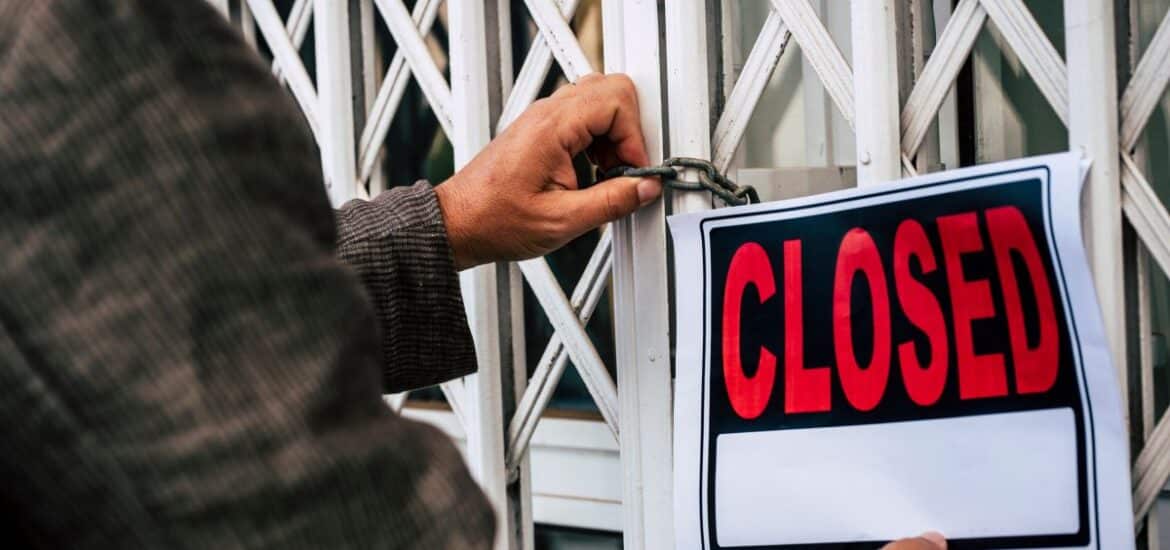Stores across the U.S. are closing at unprecedented levels, according to new research from advisory firm Coresight Research. Read on for more information about the impact this could have on you and your communities.
Store Closures Sweep Across the U.S.
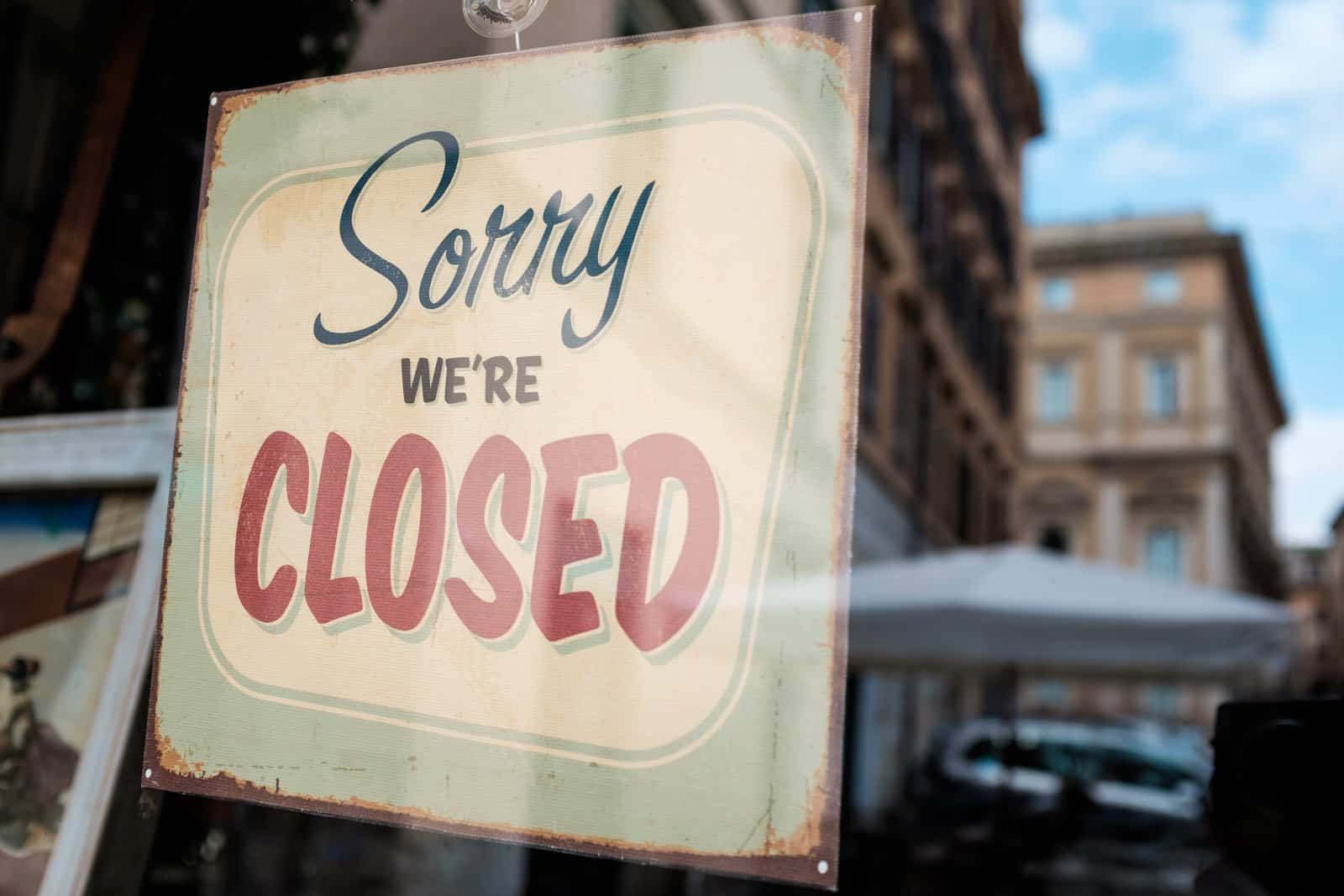
Last year, U.S. retailers shut stores across the country.
Impact on Various Sectors
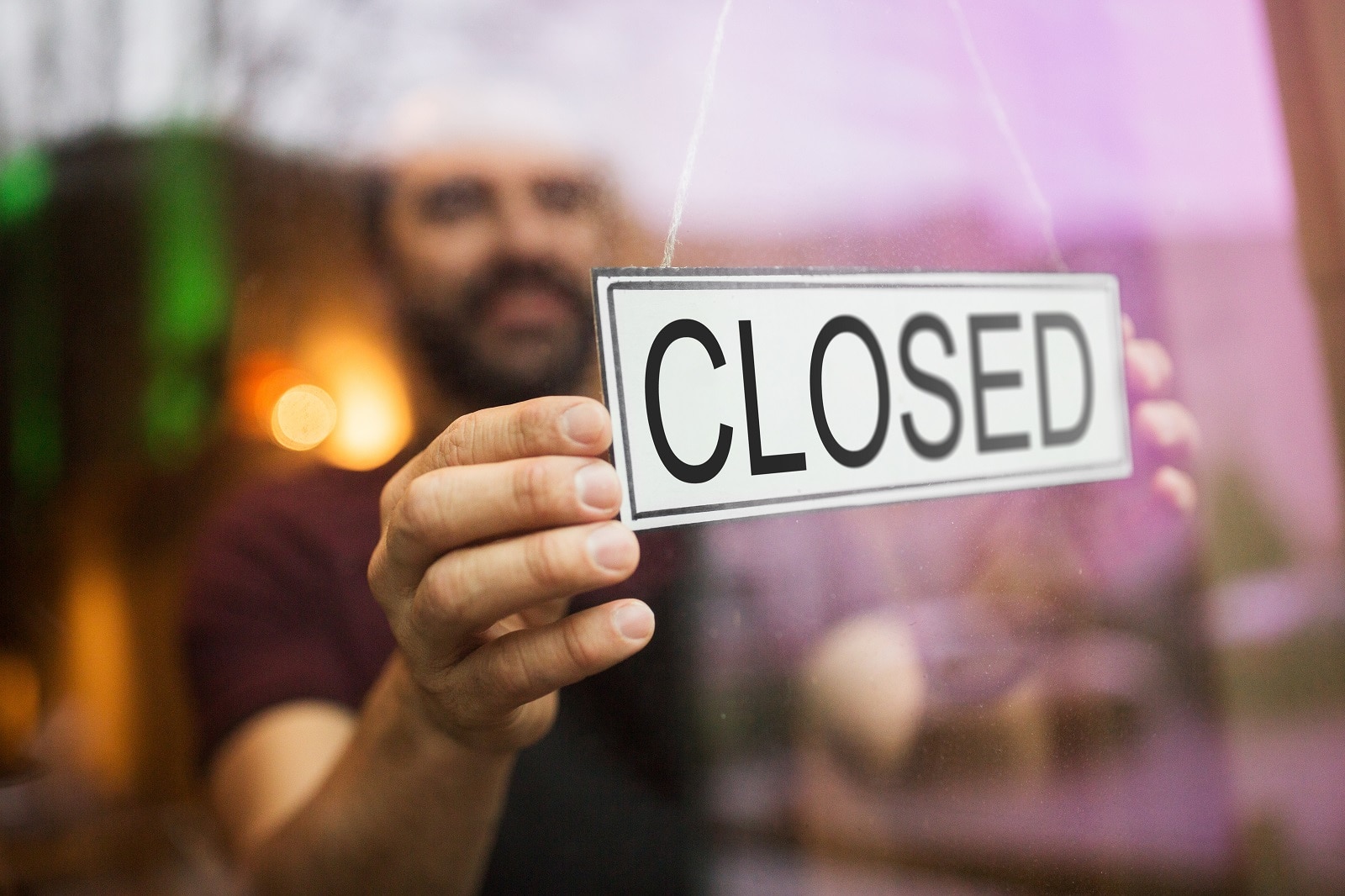
From clothing to drugstores to groceries and electronics, clothing has hit all sectors, with popular brands like Bed Bath & Beyond (BB&B), Rockport, and Party City all being hit as more and more customers move to online shopping.
Insights into Store Closure Trends

According to Coresight’s data, BB&B shut almost 870 stores in 2023, followed by Walgreens with over 500 stores, Rite Aid with 470 closures, and Tuesday Morning with 463 closures.
Bankruptcies and Closures
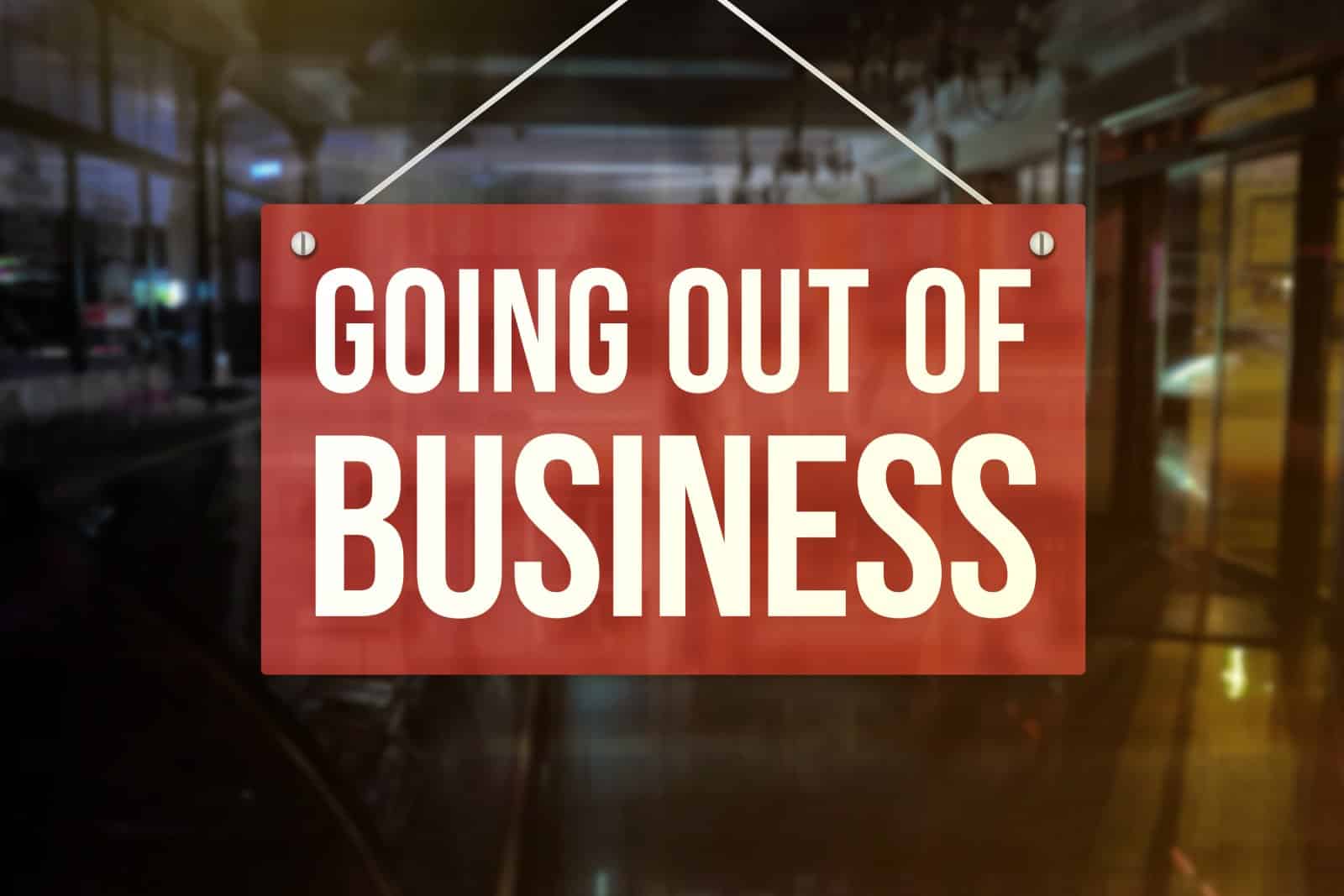
Three out of four of these filed for bankruptcy – Tuesday Morning, Rite Aid, and BB&B – which forced them to close almost all of their stores in an effort to save any money possible.
Inflation-Driven Theft

Other retailers remained afloat but closed stores due to low turnover and lack of footfall. Some retailers pointed the finger at inflation-driving theft in their stores as an explanation for their lack of profits and the subsequent store closures.
Hardest Hit by Store Closures
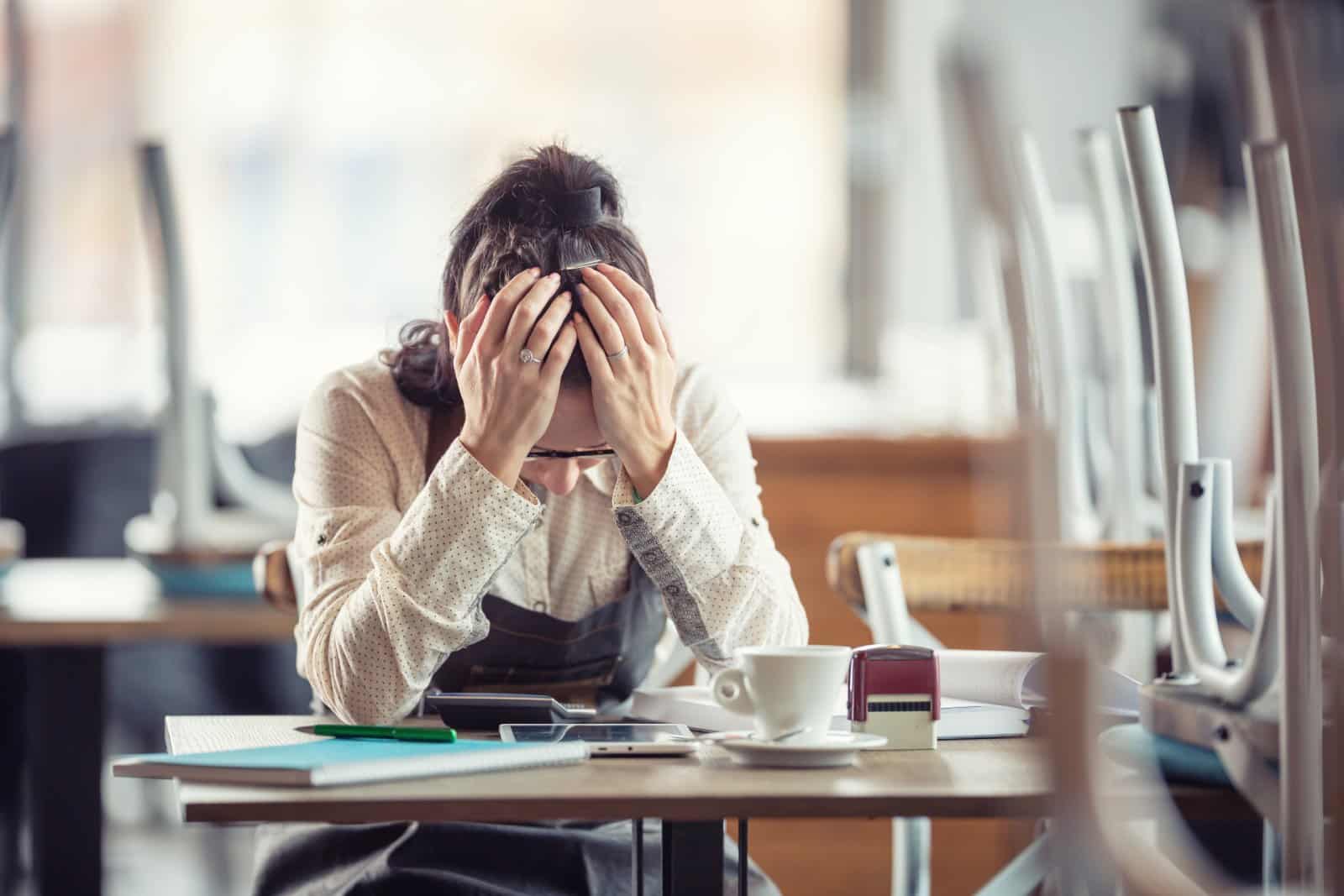
The home and office sector saw the most closures – over 30% of stores that were closed were part of this sector, more than double the amount in 2022. BB&B accounted for just under half of these closures, followed by Walgreens.
National Closure Figures

According to Coresight’s data, over 5,000 stores shut nationwide—5463 to be precise—a 30% increase from the previous year.
Walgreens’ Store Closures
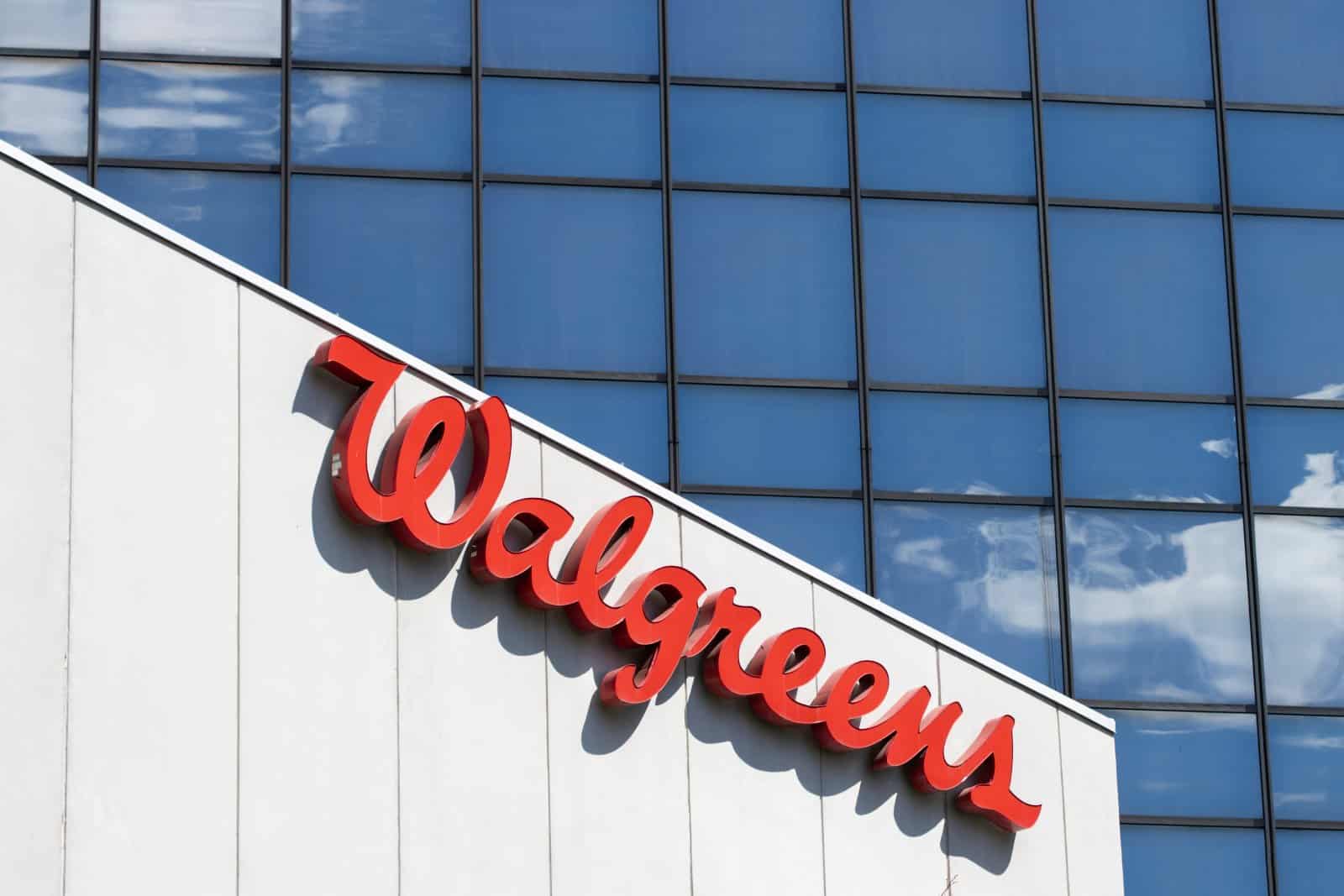
Despite closing over 500 stores, Walgreens still boasts almost 9000 locations nationwide. Whether the company will announce more closures remains up in the air.
Additional Retailers Affected
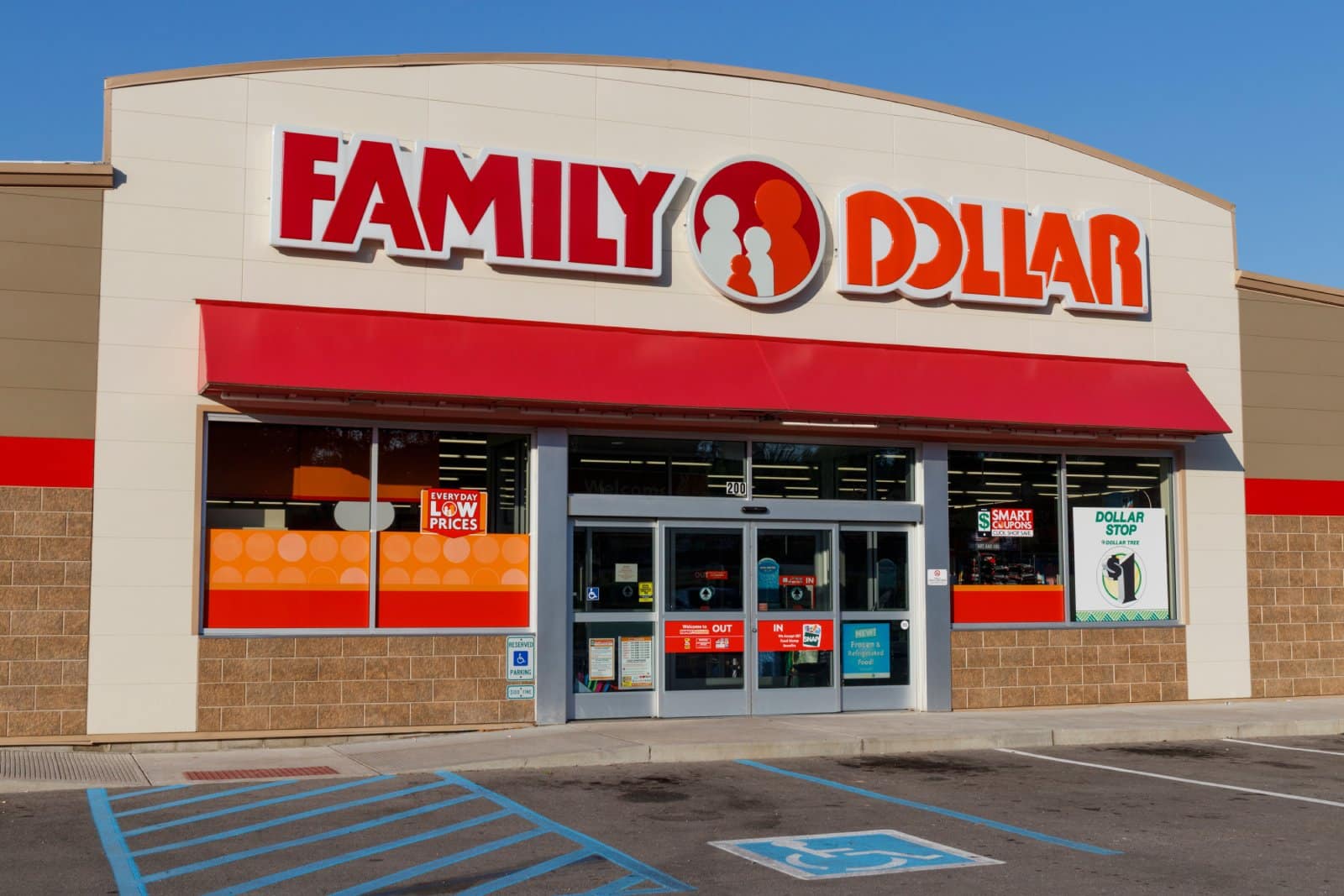
Aside from the previously mentioned companies, a number of other big retailers shut stores last year, including 7-Eleven, Family Dollar, David’s Bridal, Signet Jewelers, Foot Locker, Couche-Tard, The Children’s Place, and Barnes & Noble.
Job Loss Concerns

The closing of stores all over the country is causing concern for everyone, not just the businesses involved. One big worry is the mass loss of jobs, which can be tough on families and local economies.
Ripple Effects
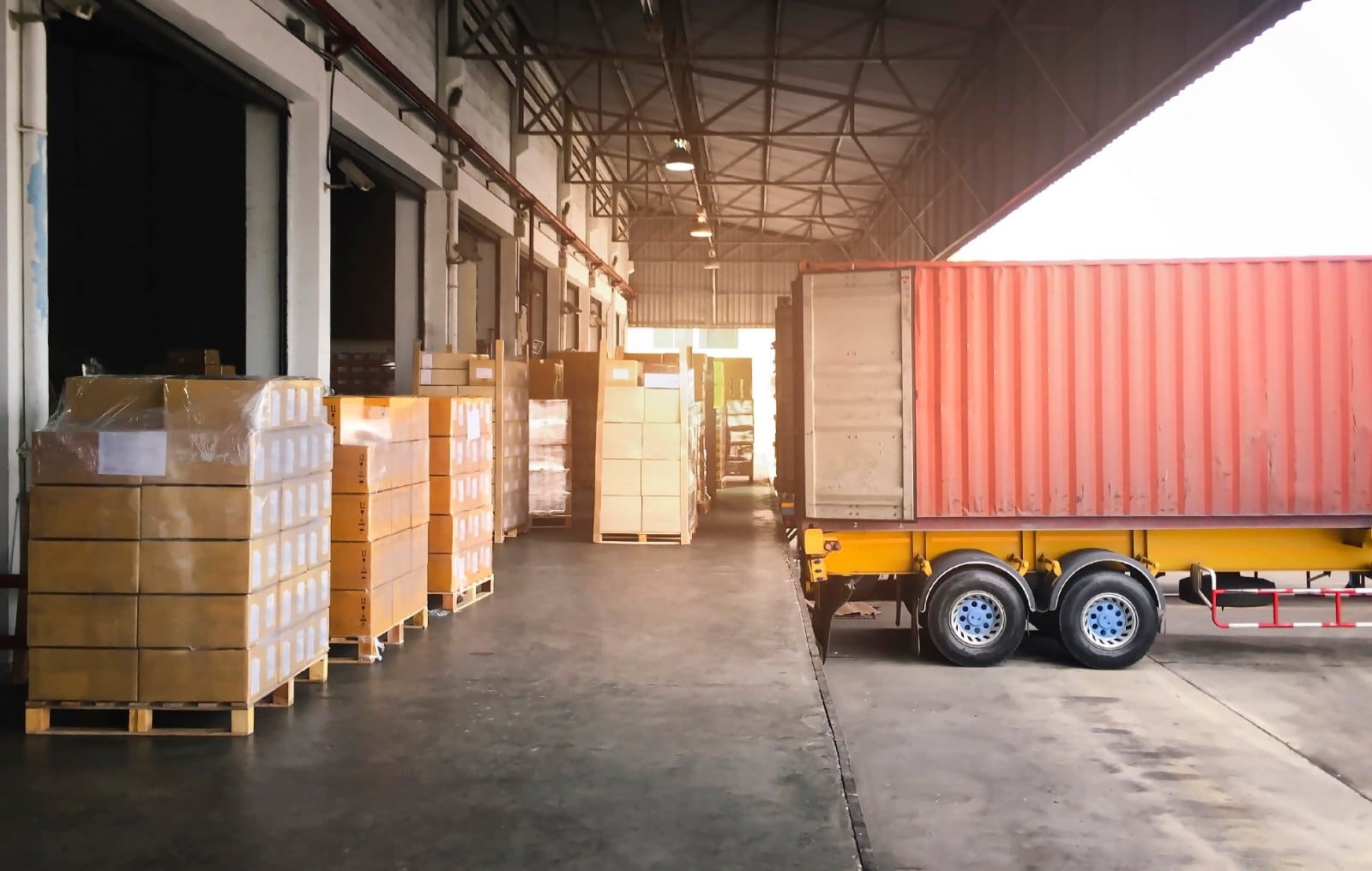
It’s not only store workers in the firing line – it can also affect companies that supply goods to these stores and the truck drivers who deliver products.
Community Impact
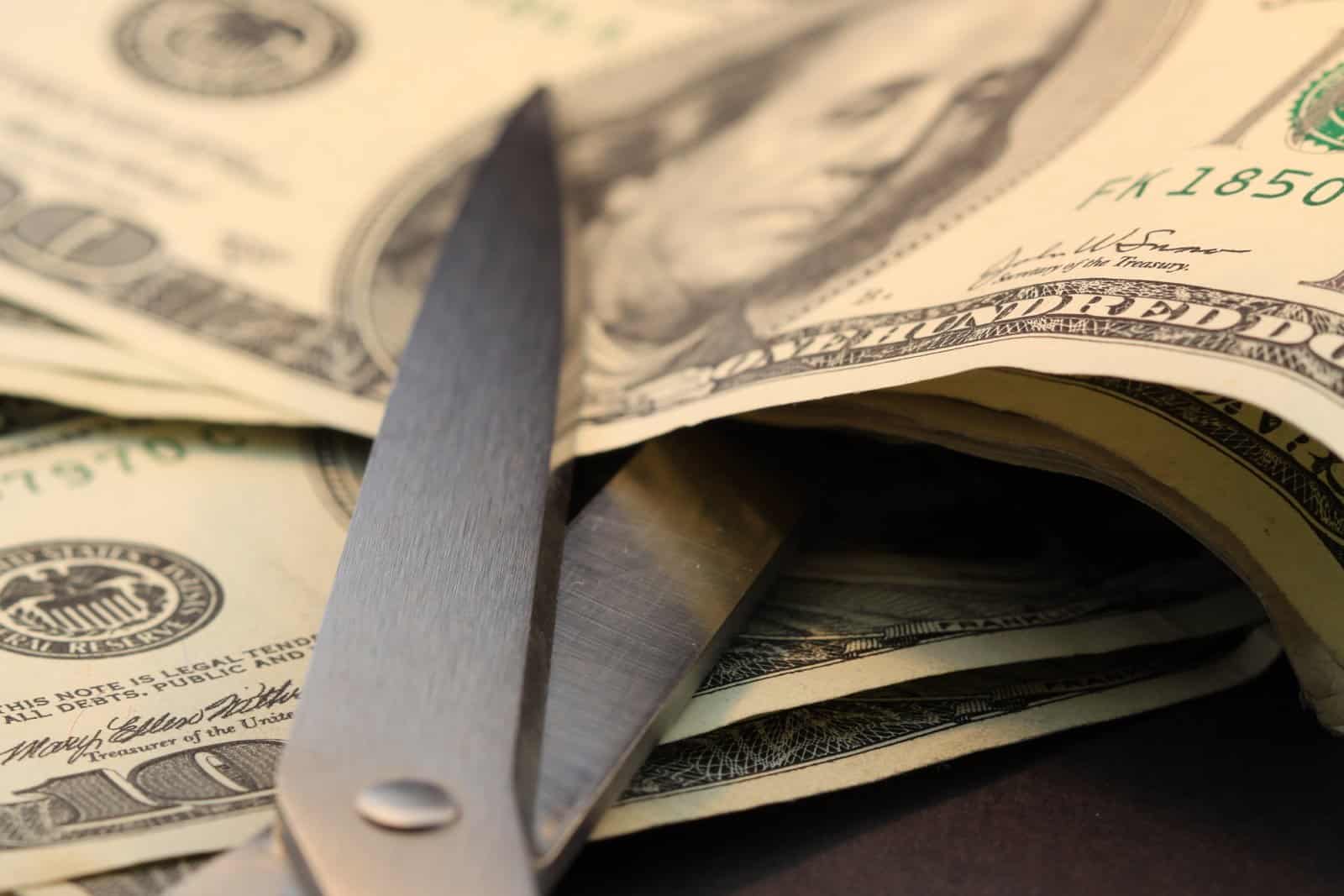
It’s also not just about losing a paycheck; it affects the whole community. When stores shut down, cities lose out on tax revenue from sales, which can lead to cuts in services like schools or roads.
Sometimes, taxes have to go up for residents to cover the losses.
Empty Storefronts Pose a Problem
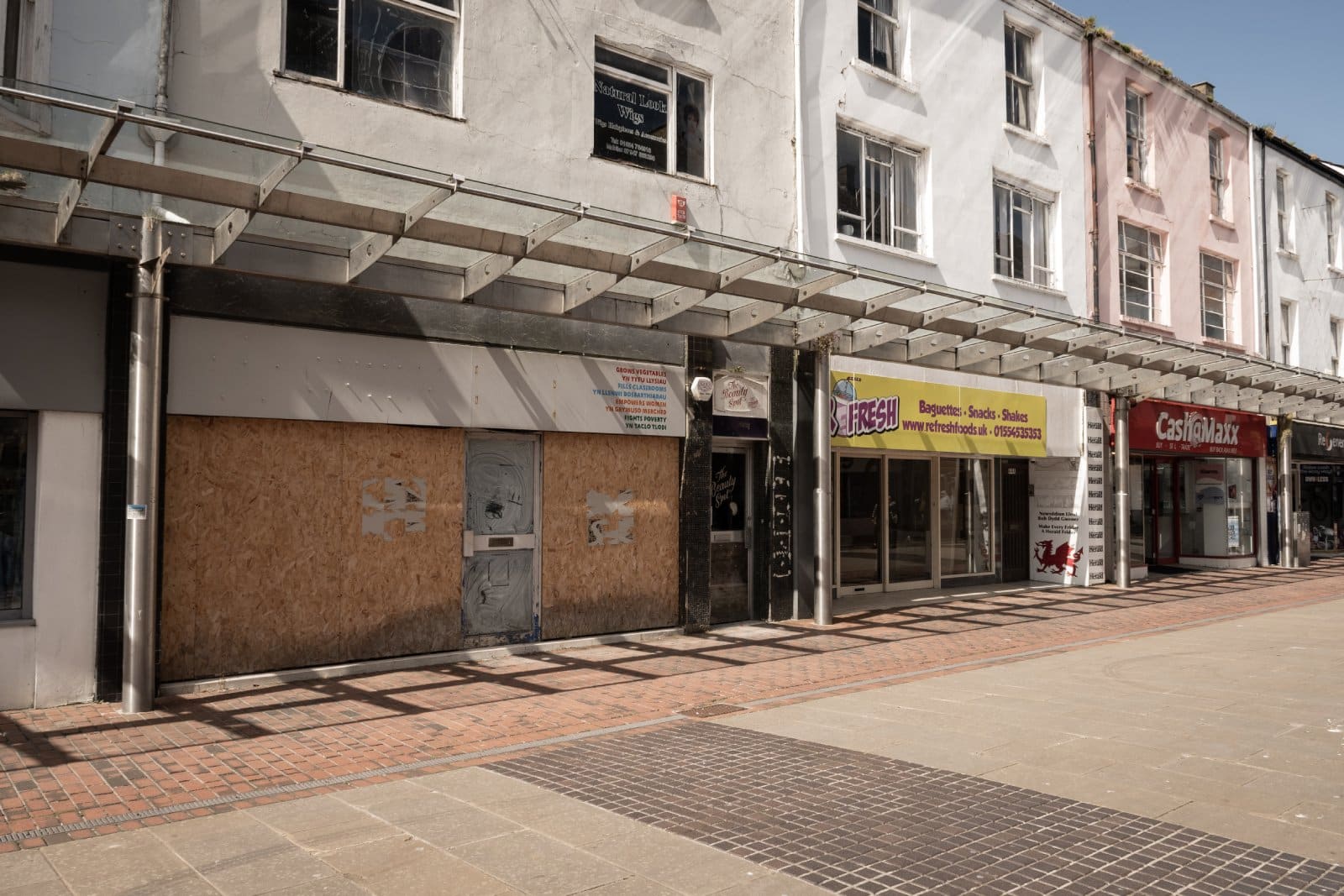
The empty storefronts left behind can also create problems. They can lower property values and make areas look less appealing, which might discourage new businesses from opening up.
Outsider Perspectives
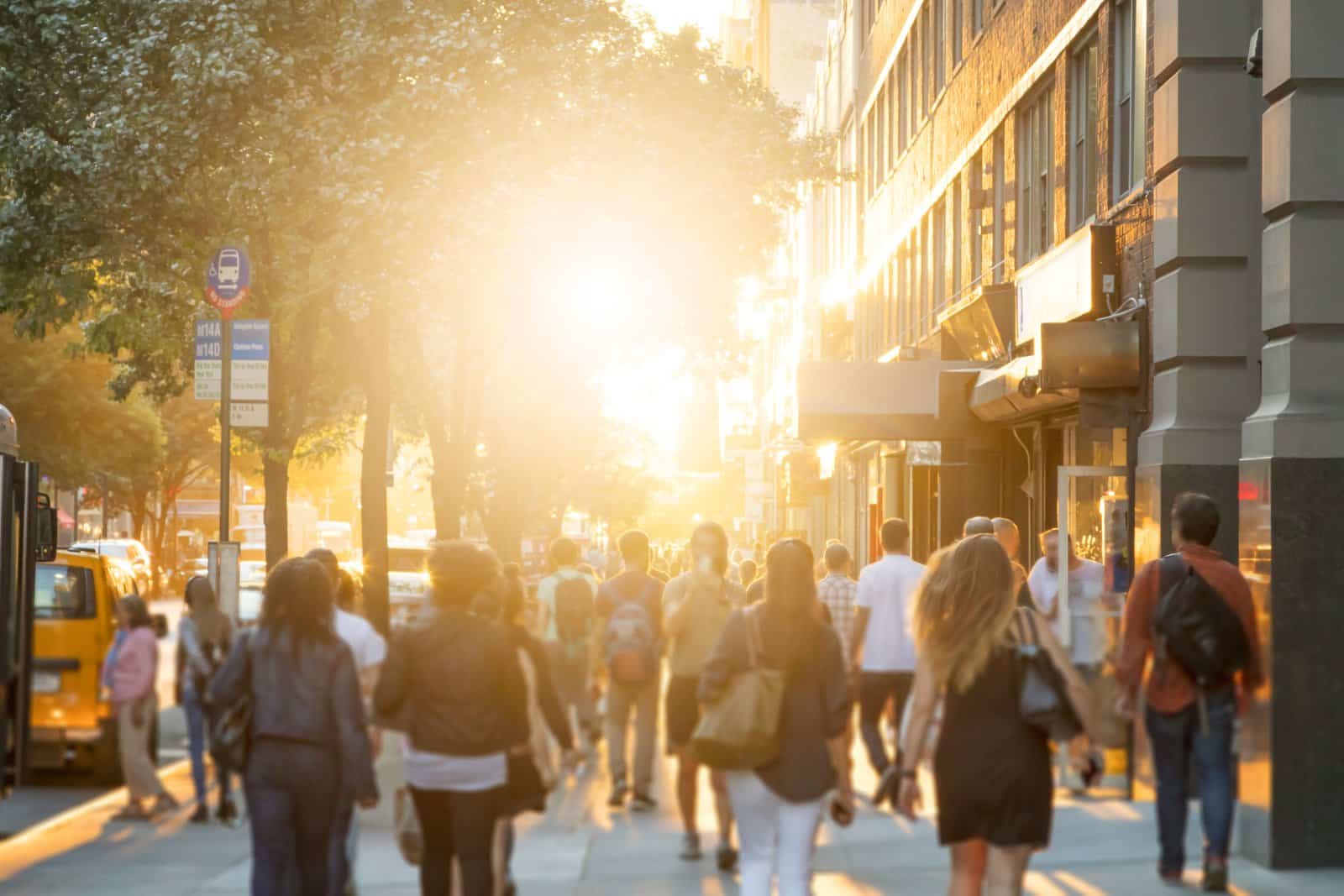
All of this can change the vibe of a neighborhood and affect how people view our communities.
Online Shopping Trends

Why is this happening? Well, a big part of it is that more people are choosing to shop on the internet. These closures are a sign of how we’re changing the way we shop.
The Pandemic’s Influence on Retail Landscape
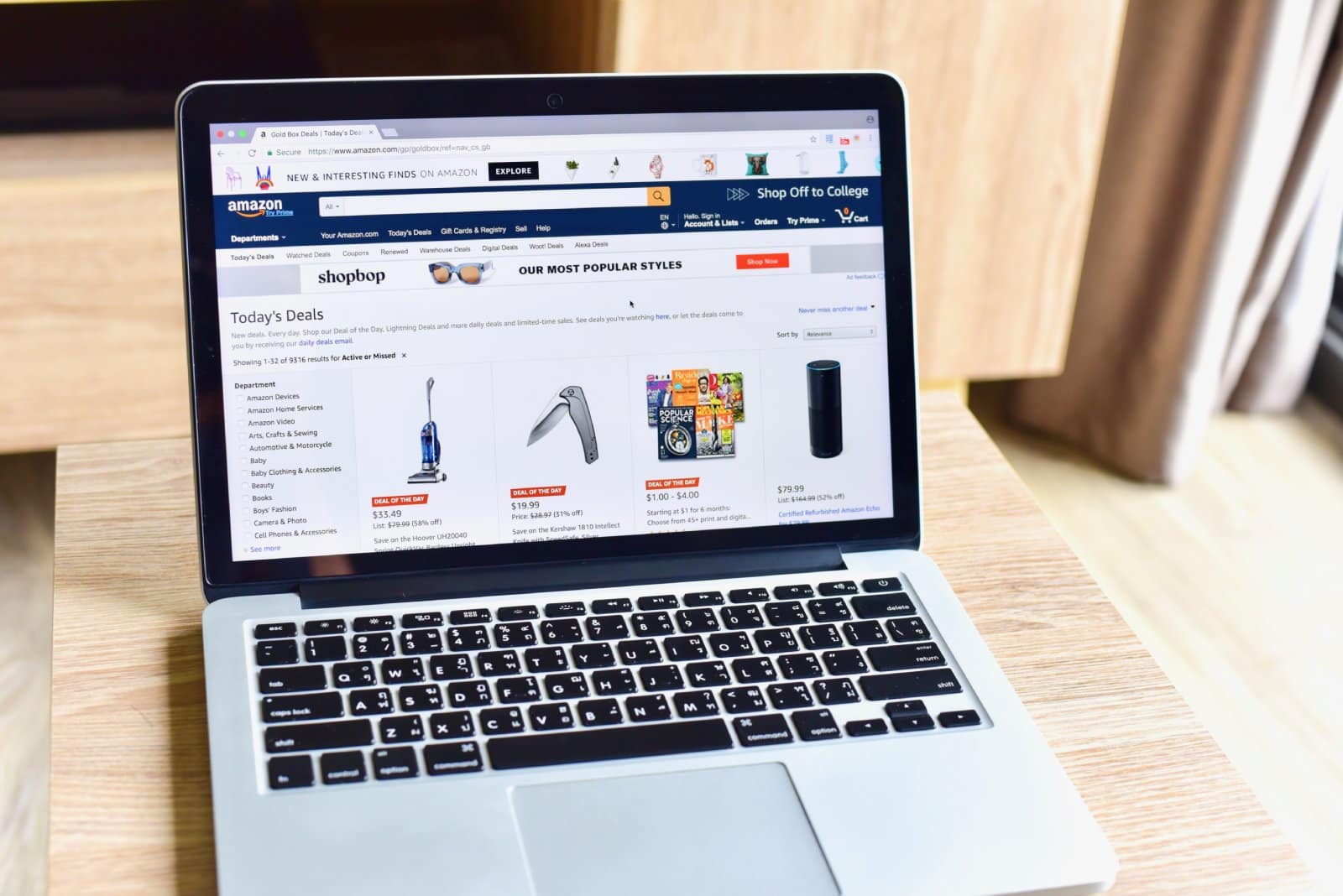
It’s often more convenient, and sometimes you can find better deals online than in physical stores. This trend has hit many sectors hard, particularly following the pandemic, which sped this shift up.
Challenges for Offline Shoppers

While the shift to online shopping can be positive, it can also be challenging for those without reliable internet access, the older generation, or those who just prefer the in-person experience.
Blending Online and In-Store Experiences

Businesses and local leaders need to find new ways to adapt to the ever-changing retail world. Stores need to find ways to blend online and in-store experiences and make it easier for people to shop how they want.
Local Support Initiatives

Cities and towns can help by supporting small businesses and investing in things that make our communities stronger, like better infrastructure or programs that encourage local entrepreneurship.
Job Creation and Economic Growth
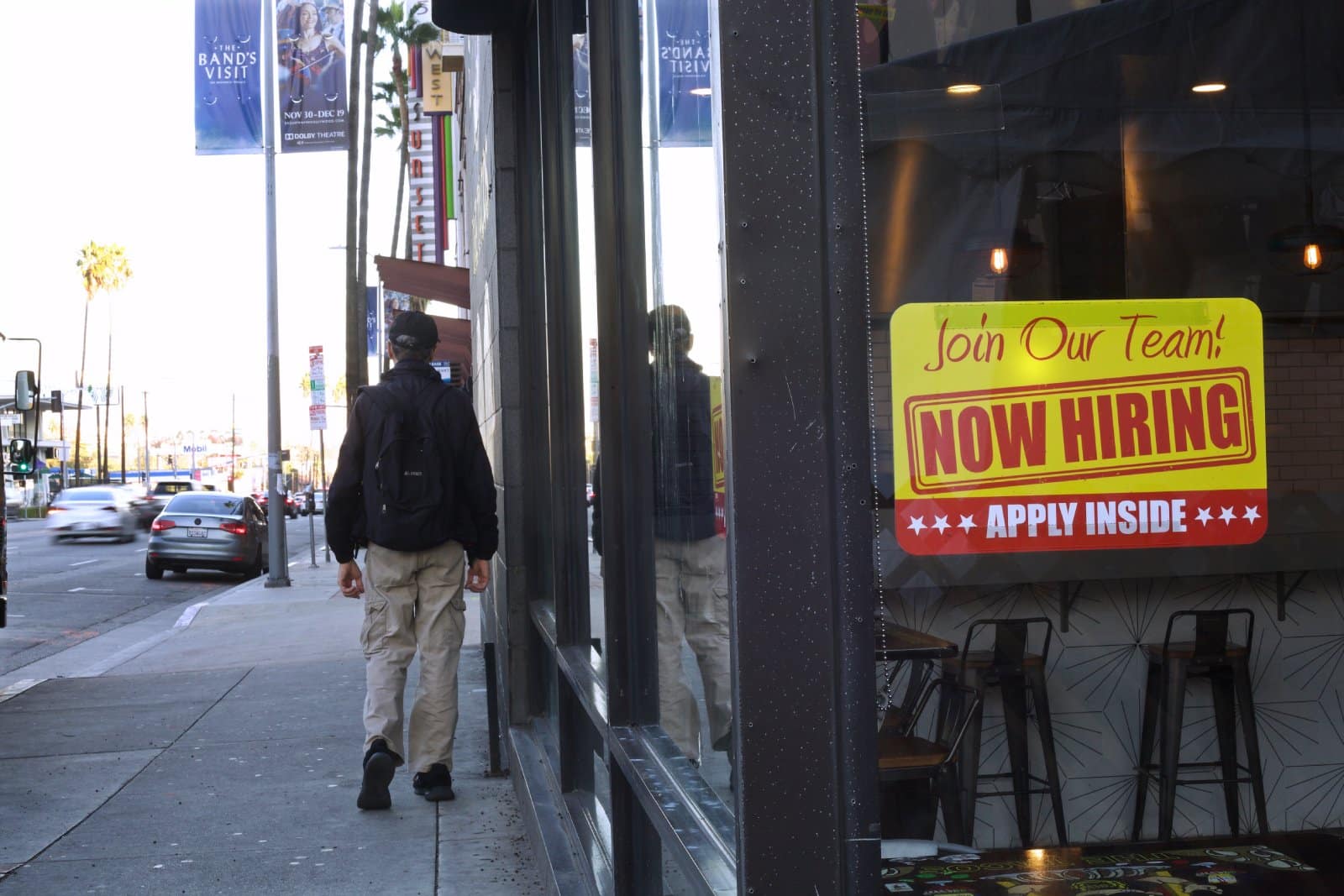
Supporting small businesses can help boost job creation, invest the money back into the local economy, and be a net boon for your town in general.
21 States Where Squatters Can Legally Claim Your Property
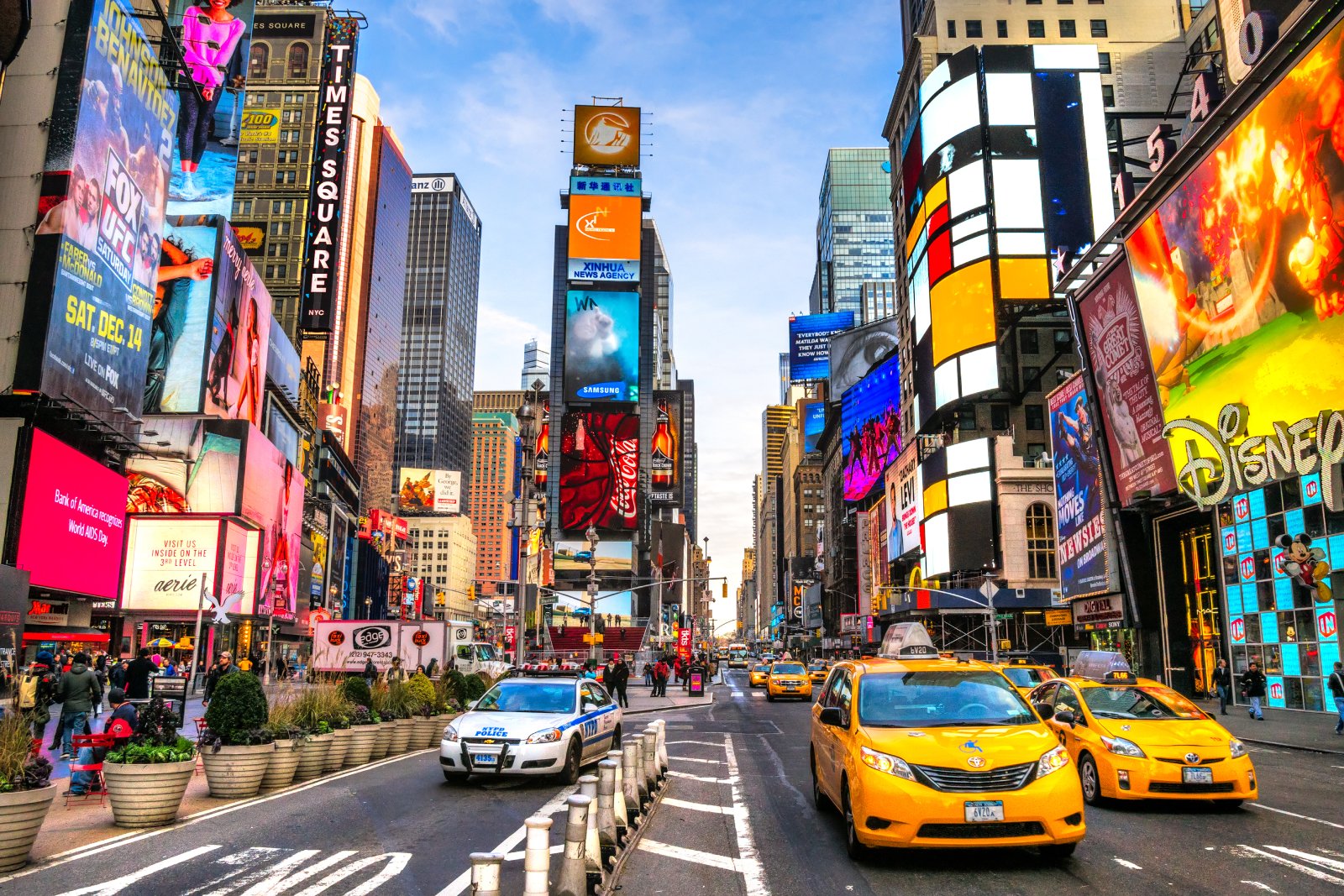
Discover how squatters’ rights, or adverse possession, are more than just legal jargon—they’re stories of unexpected twists in the world of real estate. From sunny California to the historical landscapes of Pennsylvania, here’s how these laws could turn the tables on homeowners and squatters alike. 21 States Where Squatters Can Legally Claim Your Property
14 Things That Are Banned in the U.S. but Totally Fine Elsewhere

Ever feel like America’s rulebook was written by someone with a dartboard? Across the pond or down under, things get even wackier. Let’s take a walk on the wild side of global “Do’s” that are definite “Don’ts” in the Land of the Free. 14 Things That Are Banned in the U.S. but Totally Fine Elsewhere
25 American States Nobody Wants to Visit Anymore
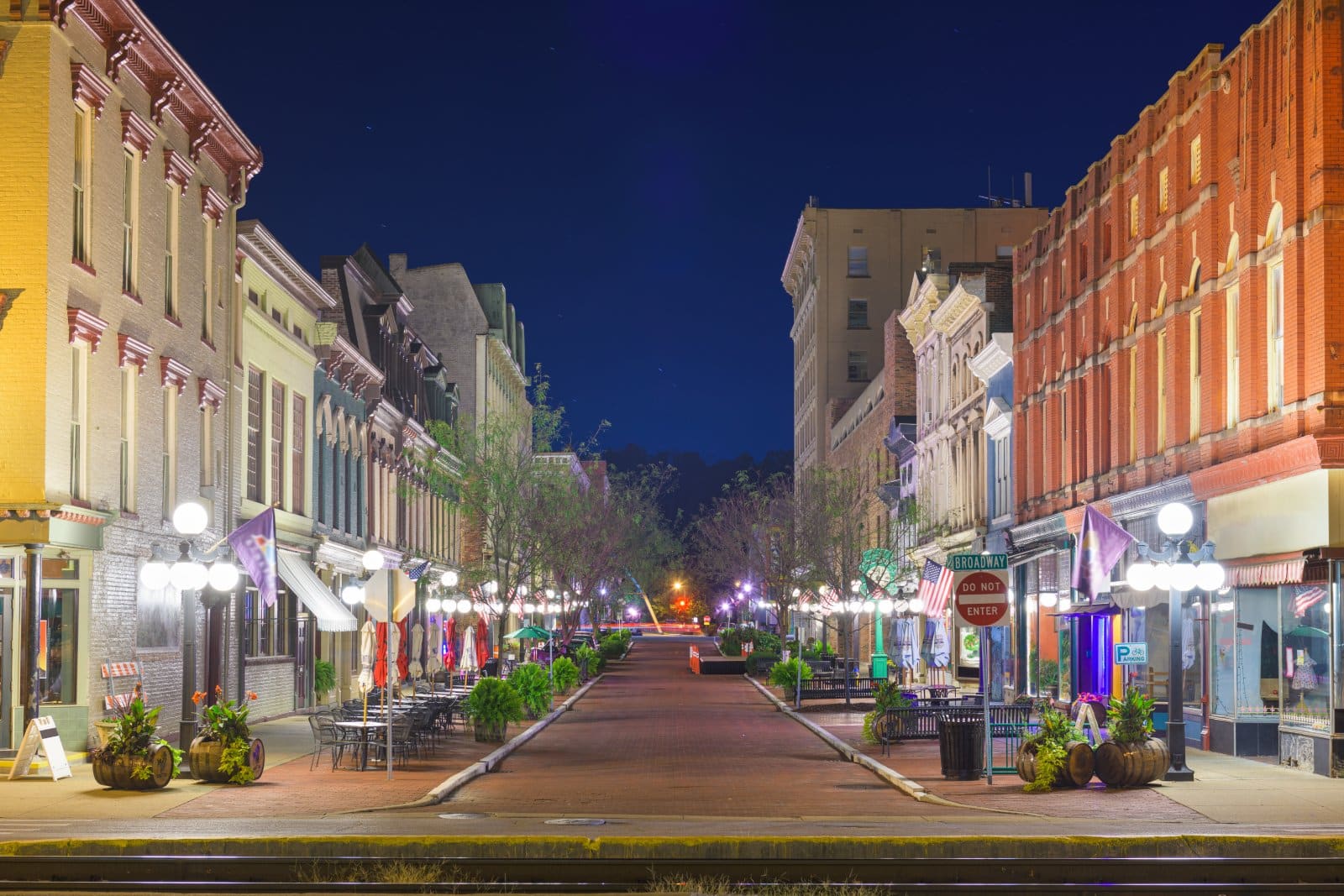
Across the United States, some states capture the hearts and itineraries of many, while others remain quietly on the sidelines, overshadowed or misunderstood. These 25 states, facing what you might call a popularity crisis, are brimming with hidden wonders, cultural riches, and natural beauty, awaiting those willing to look beyond the usual tourist trails. 25 American States Nobody Wants to Visit Anymore
20 Foods That Are Cheaper to Eat Out Than Making at Home

In a world where convenience often wins, certain culinary delights come with a lower price tag when enjoyed at a restaurant rather than crafted in your own kitchen. Here are twenty foods that might save you both time and money when indulged in at your favorite eatery. 20 Foods That Are Cheaper to Eat out Than Making at Home
17 Things You’re Paying For, but You Don’t Have To

In the land of the free, there’s a price tag on everything, but savvy Americans know better than to open their wallets for just anything. Here are 17 expenses you’ve been shelling out for without realizing there’s a cheaper or even free alternative. 17 Things You’re Paying For, but You Don’t Have To
The post Massive Store Shutdowns Add to U.S. Brands’ Retail Woes first appeared on From Frugal to Free.
Featured Image Credit: Shutterstock / simona pilolla 2.
The content of this article is for informational purposes only and does not constitute or replace professional financial advice.
